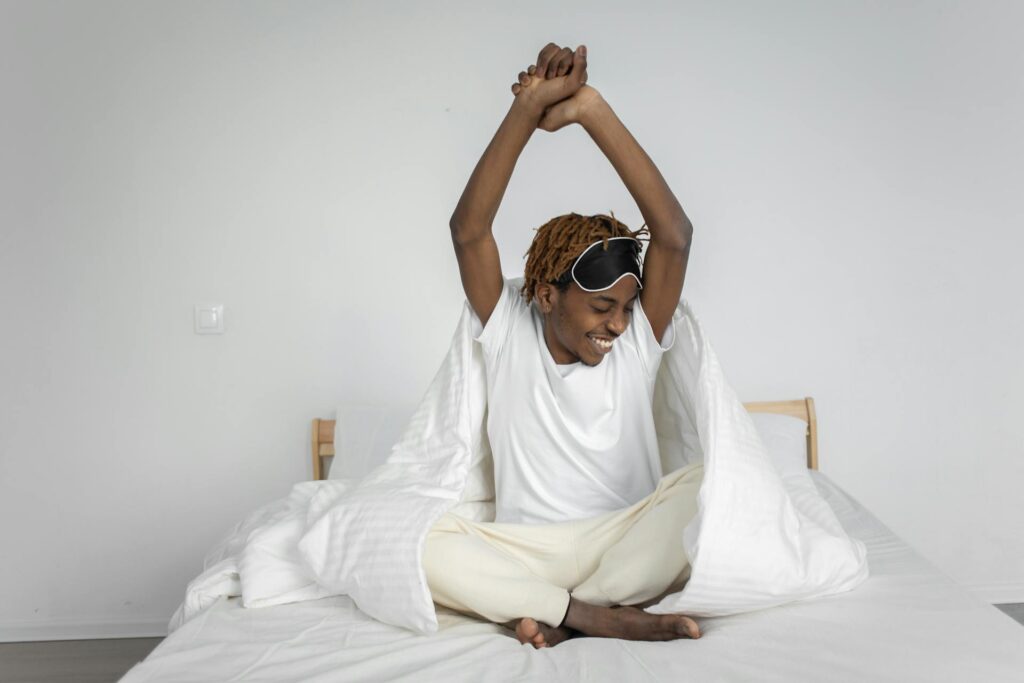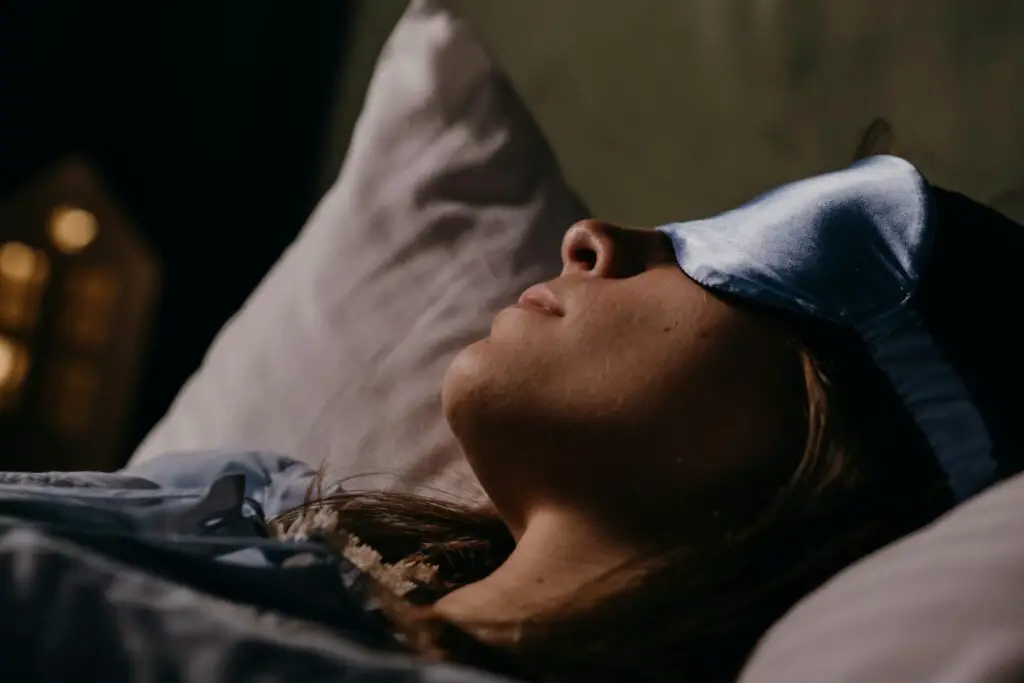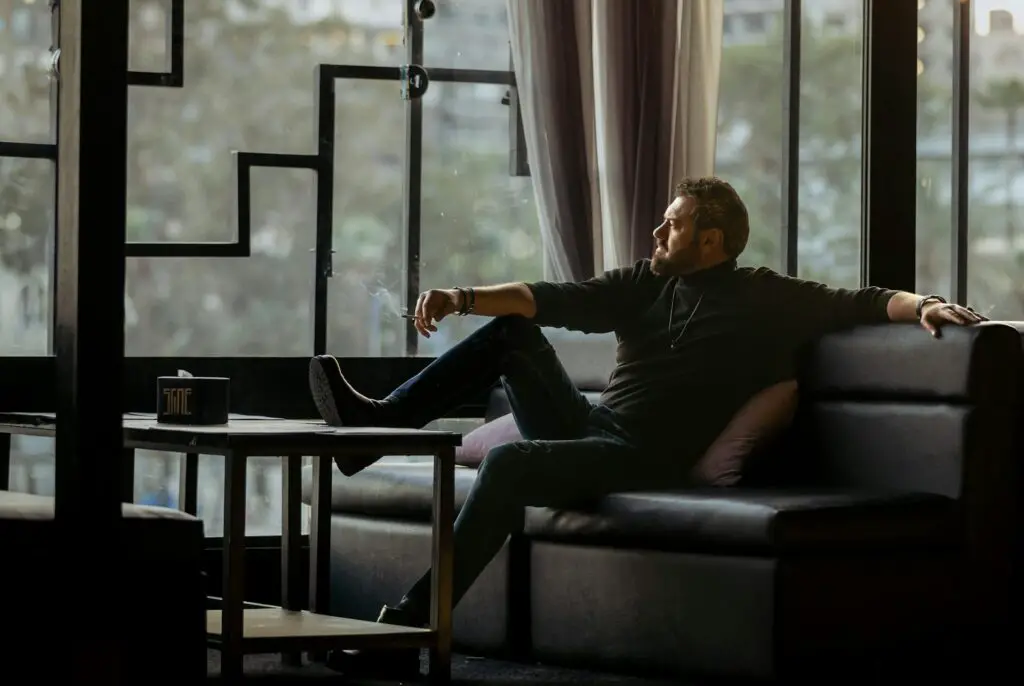8 Ways I Improved My Energy Without Caffeine or Crazy Workouts

There was a time I relied on coffee and sugar just to make it through the day. But the quick fixes always wore off fast, leaving me even more tired. I didn’t want to start running marathons or give up carbs—I just wanted to feel steady, strong, and clear-headed. Over the past year, I tried small changes, one by one. No extreme diets. No 4 a.m. gym sessions. Just simple shifts in daily habits that actually worked. These eight things helped me build better energy—and I still use them every day.
I Stopped Skipping Breakfast

I used to rush out the door with just coffee, thinking I’d eat later. But my body didn’t like that plan. Now, I make time for a real breakfast with protein, fiber, and healthy fat. It might be eggs with toast or yogurt with fruit. It doesn’t have to be fancy. A solid breakfast keeps blood sugar steady and keeps me from crashing mid-morning. Fun fact: eating protein in the morning may help control appetite all day.
I Took 10-Minute Walks After Meals

It sounds simple, but it made a huge difference. After lunch or dinner, I started walking around the block for 10 minutes. Nothing fast or sweaty—just a stroll. These short walks helped with digestion and gave me a small boost in mood and focus. Even better, they didn’t take much time. Research shows that post-meal movement can reduce blood sugar spikes and help with sleep, too.
I Stopped Scrolling First Thing in the Morning

Checking my phone right after waking up used to set the tone for a scattered day. Emails, headlines, and endless social feeds drained my focus before I even got out of bed. Now, I don’t look at screens for at least 30 minutes after waking up. I stretch, breathe, or sip water instead. This small rule made my mornings calmer—and gave me more mental energy to start the day.
I Focused on Better Sleep, Not Just More Sleep

I used to think eight hours was the goal. But if I stayed up watching shows or scrolling, those hours weren’t doing much. Now I aim for quality, not just quantity. That means going to bed at the same time, keeping my room cool and dark, and cutting screen time an hour before bed. I also stopped drinking anything with caffeine after 2 p.m. Just fixing my sleep made me feel more alert than any cup of coffee.
I Learned to Breathe on Purpose

Deep breathing is easy to ignore, but it’s powerful. A few times a day, I pause and take 3–5 deep belly breaths. That’s it. When I feel tight or drained, this tiny habit brings me back. It’s like a reset switch for the nervous system. There’s even a name for it—box breathing—but I don’t overthink it. Inhale. Exhale. Repeat. It helps more than I expected.
I Drank More Water Than I Thought I Needed

Mild dehydration can cause fatigue, brain fog, and even crankiness. I didn’t realize how little water I was drinking until I started keeping track. Now I aim for two full bottles by mid-afternoon. I add lemon or cucumber slices sometimes to keep it interesting. Bonus: staying hydrated helps with digestion, skin, and focus. Fun fact: your brain is about 75% water—so no wonder it works better when you’re well-hydrated.
I Made My Work Space Brighter

I used to work in a dark corner with weak light. It made me feel tired fast. Then I moved my desk near a window and added a small daylight lamp. That shift in light helped my mood and alertness more than I expected. Natural light can help reset your internal clock, too. If I feel stuck, I’ll step outside for even five minutes. Sunlight is underrated—it’s free, and it works.
I Took “No-Reason” Breaks

Before, I’d only take breaks when I felt exhausted. Now, I plan short pauses even when I don’t feel tired yet. I stretch, doodle, or look out the window. Sometimes I just breathe. These little pauses give my brain space to rest and recharge. It’s not about wasting time—it’s about using energy smarter. Breaks help prevent burnout and improve focus. Once I made them part of my day, I got more done with less stress.
Conclusion

I didn’t need coffee, energy drinks, or tough workouts to feel better. What helped most were easy habits I could stick to—meals I enjoyed, fresh air, better sleep, and a few quiet moments built into the day. These shifts didn’t cost much, and they made a real difference. My mind feels clearer, and my body feels steadier. If you’re tired of feeling tired, try one of these and see what happens. You don’t need to overhaul your life—just give your body what it’s been asking for all along.
Leave a Reply